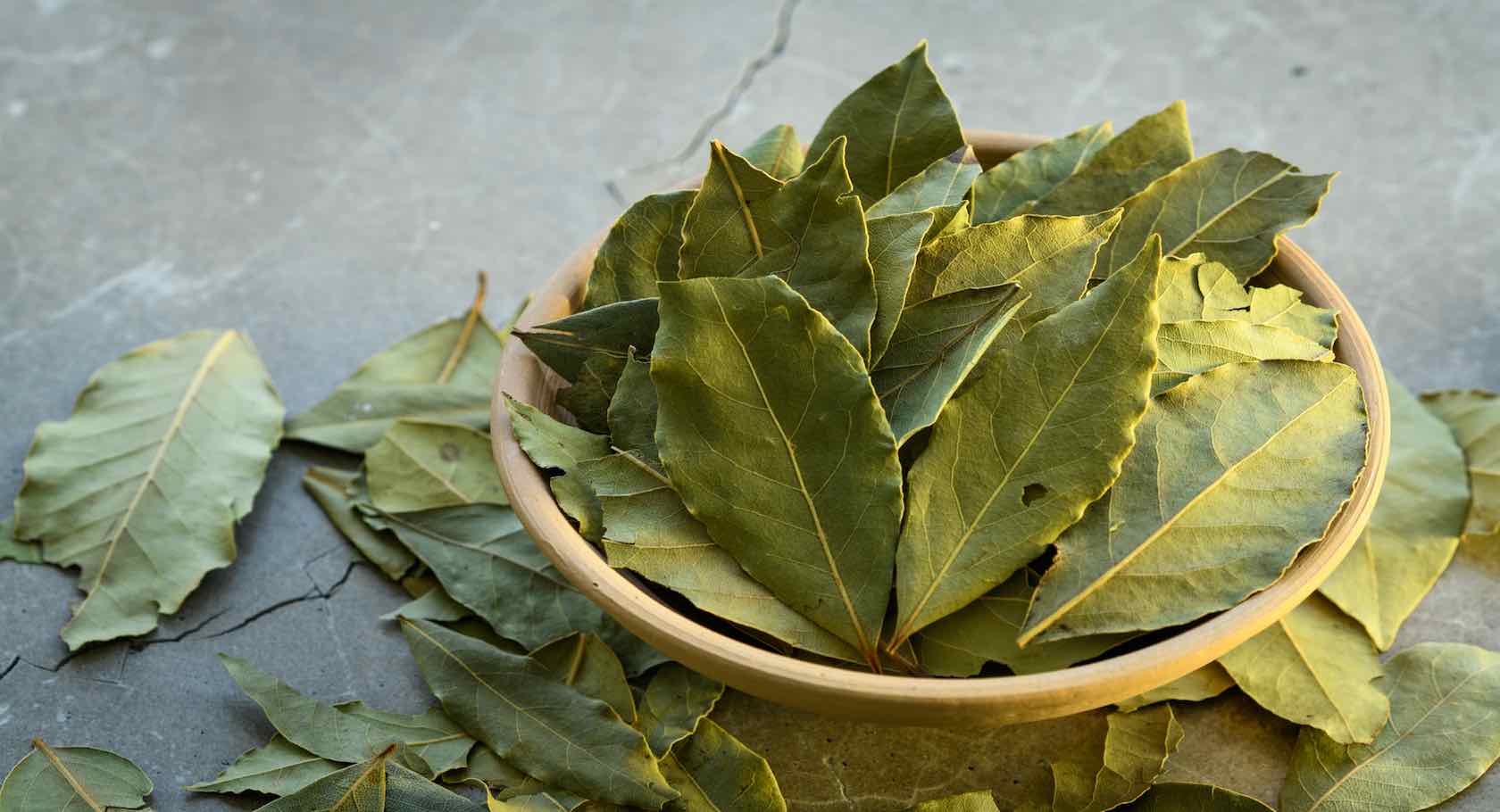Bay leaf, a versatile herb with a rich history, has been prized for centuries for its culinary and medicinal properties. Its distinctive aroma, a blend of earthy, slightly bitter, and slightly sweet notes, adds depth and complexity to a wide range of dishes.
Culinary Applications
Bay leaf’s culinary versatility is undeniable. It’s a key ingredient in various cuisines, particularly Mediterranean and Middle Eastern. Here are some of its common uses:
- Herbes de Provence: This classic French herb blend often includes bay leaf, contributing to its savory flavor.
- Soups and Stews: A single bay leaf can elevate the flavor profile of soups and stews, such as French onion soup, minestrone, and hearty beef stews. Its aromatic qualities permeate the liquid, enhancing the overall taste.
- Marinades and Rubs: Bay leaf is a valuable component of marinades and rubs for grilled meats and poultry. Its subtle, yet distinct flavor infuses the meat, creating a delicious crust.
- Pickles and Preserves: Bay leaf is often added to pickles, chutneys, and other preserved foods to impart its characteristic flavor and extend the shelf life of the product.
- Tea: Bay leaf tea, brewed with hot water and sweetened with honey or lemon, is a soothing and flavorful beverage. It can help alleviate digestive issues and respiratory ailments.
- Baking: While less common, bay leaf can be used to flavor bread, pastries, and other baked goods, adding a unique twist to traditional recipes.
Medicinal Uses
Bay leaf has been used in traditional medicine for centuries to treat various ailments. Some of its potential health benefits include:
- Digestive Health: It can help alleviate digestive issues such as bloating, gas, and indigestion.
- Anti-inflammatory Properties: Bay leaf contains compounds with anti-inflammatory properties, which may help reduce inflammation in the body.
- Antioxidant Properties: The antioxidants present in bay leaf can help protect cells from damage caused by free radicals.
- Pain Relief: It may help relieve pain, particularly headaches and muscle aches.
- Respiratory Health: Bay leaf tea can soothe coughs, congestion, and other respiratory ailments.
Growing Bay Leaf
Bay leaf is a relatively easy plant to grow, especially in warm climates. It thrives in well-drained soil and full sun. Here are some tips for growing bay leaf:
- Planting: Plant bay leaf seedlings in the spring or summer.
- Watering: Water regularly, especially during dry periods.
- Pruning: Prune your bay leaf plant regularly to maintain its shape and encourage new growth.
- Harvesting: Harvest bay leaves as needed. You can dry them for later use.
By incorporating bay leaf into your cooking and daily routine, you can enjoy its delicious flavor and potential health benefits.



